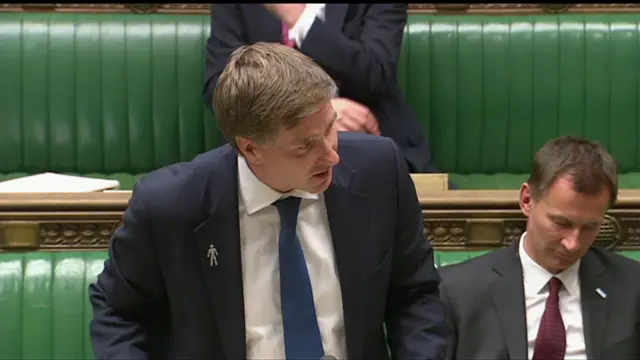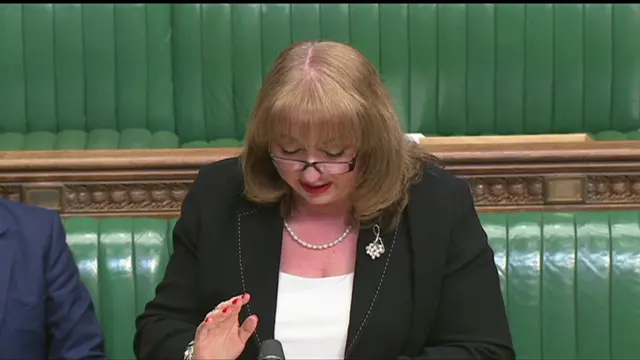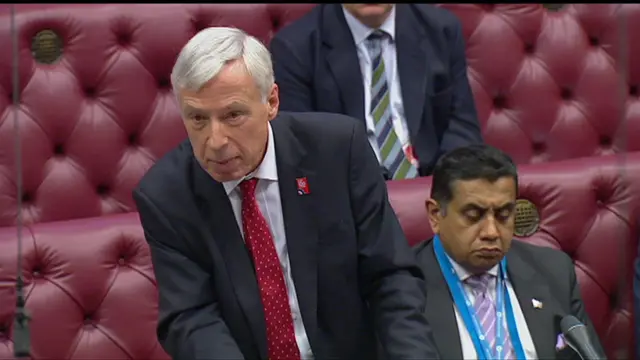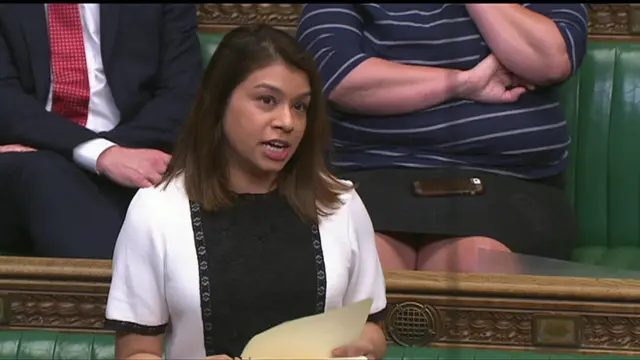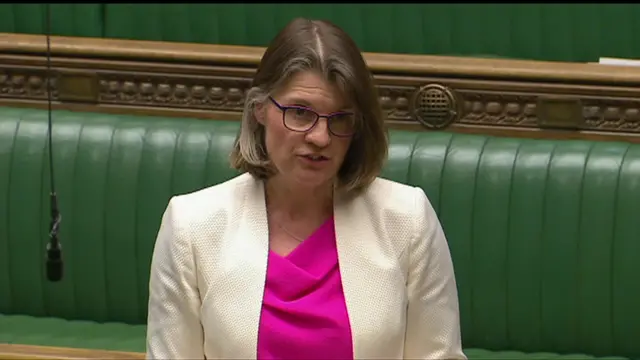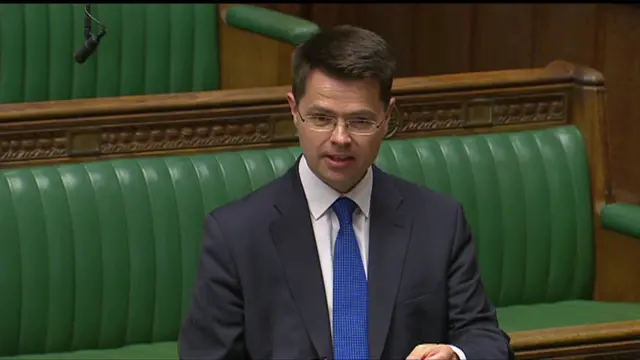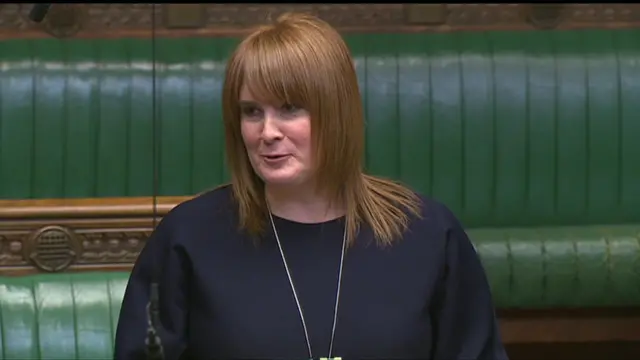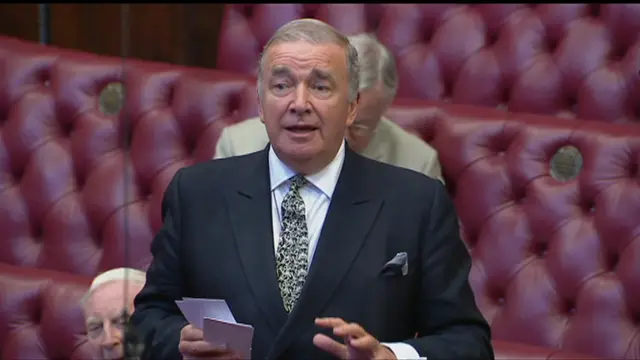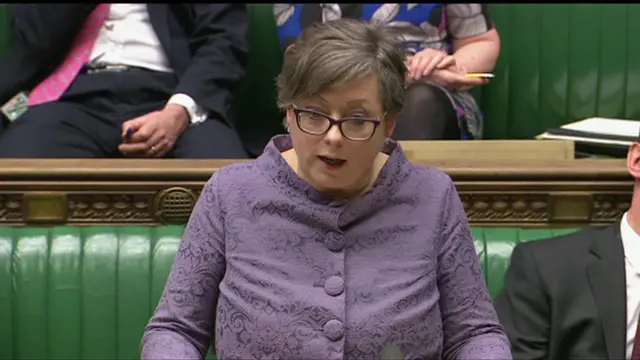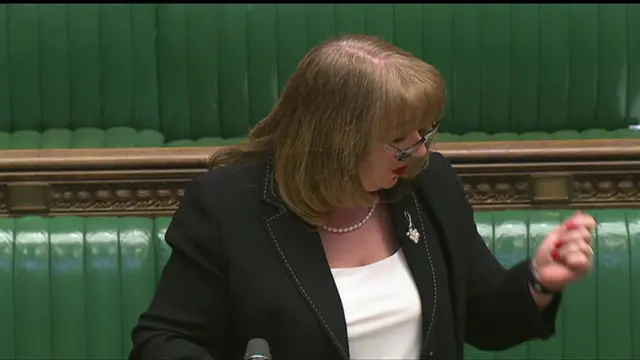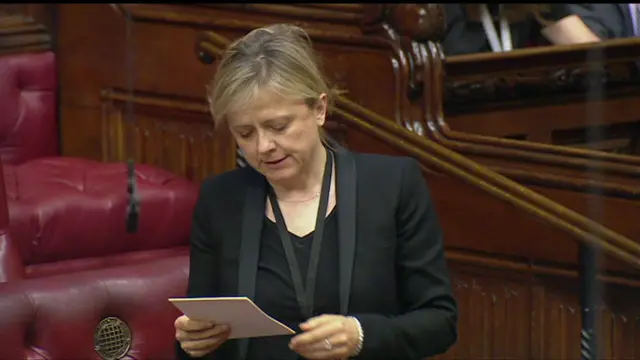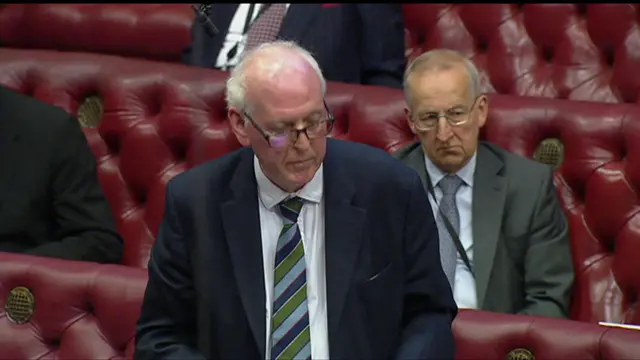What's happened today in the Commons?published at 17:19 BST 19 April 2018
End of the week
 House of Commons
House of Commons
Parliament
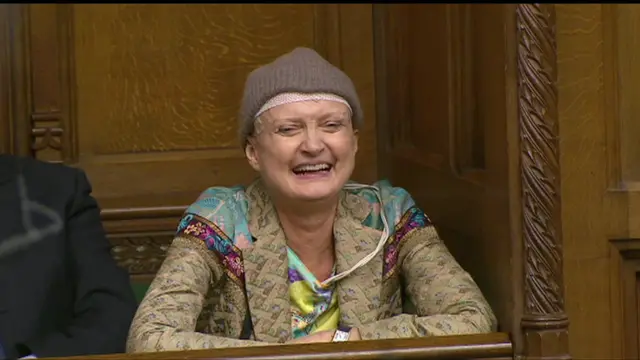 Image source, HoC
Image source, HoCAfter a frantic start to the week, with two emergency debates, the Commons has been altogether quieter today.
Transport questions kicked off the day with questions on HS2 and train ticketing, as well as aviation and Brexit.
The Leader of the House outlined upcoming business for the Commons next week.
Then there have been two backbench debates on surgical mesh and cancer treatments. Baroness Jowell, pictured, sat in the Commons for the debate on cancer treatment.
The Commons sits again on Monday at 2:30pm, starting with Defence questions and then the second reading of the Rating and Council Tax Bill.

